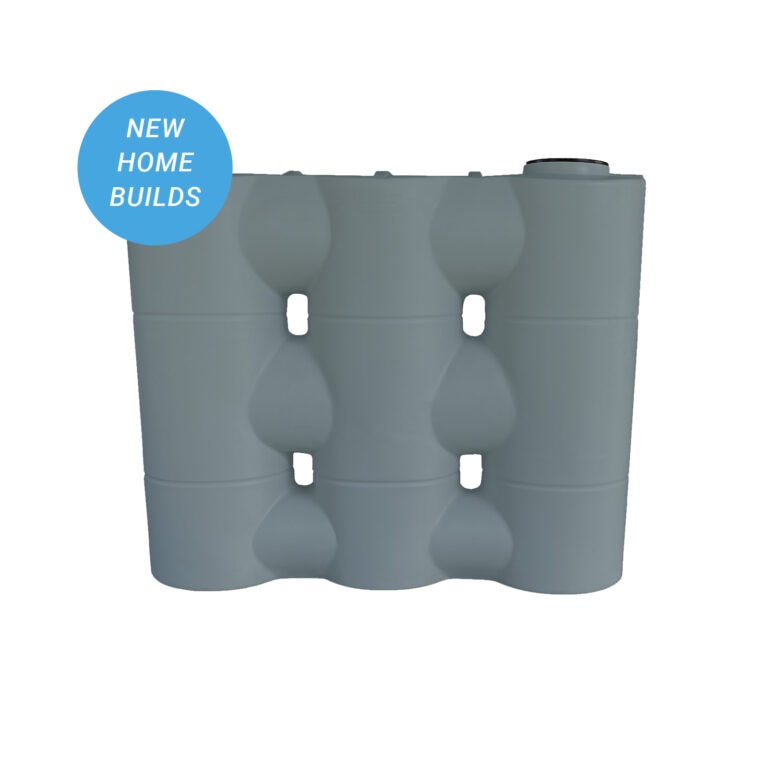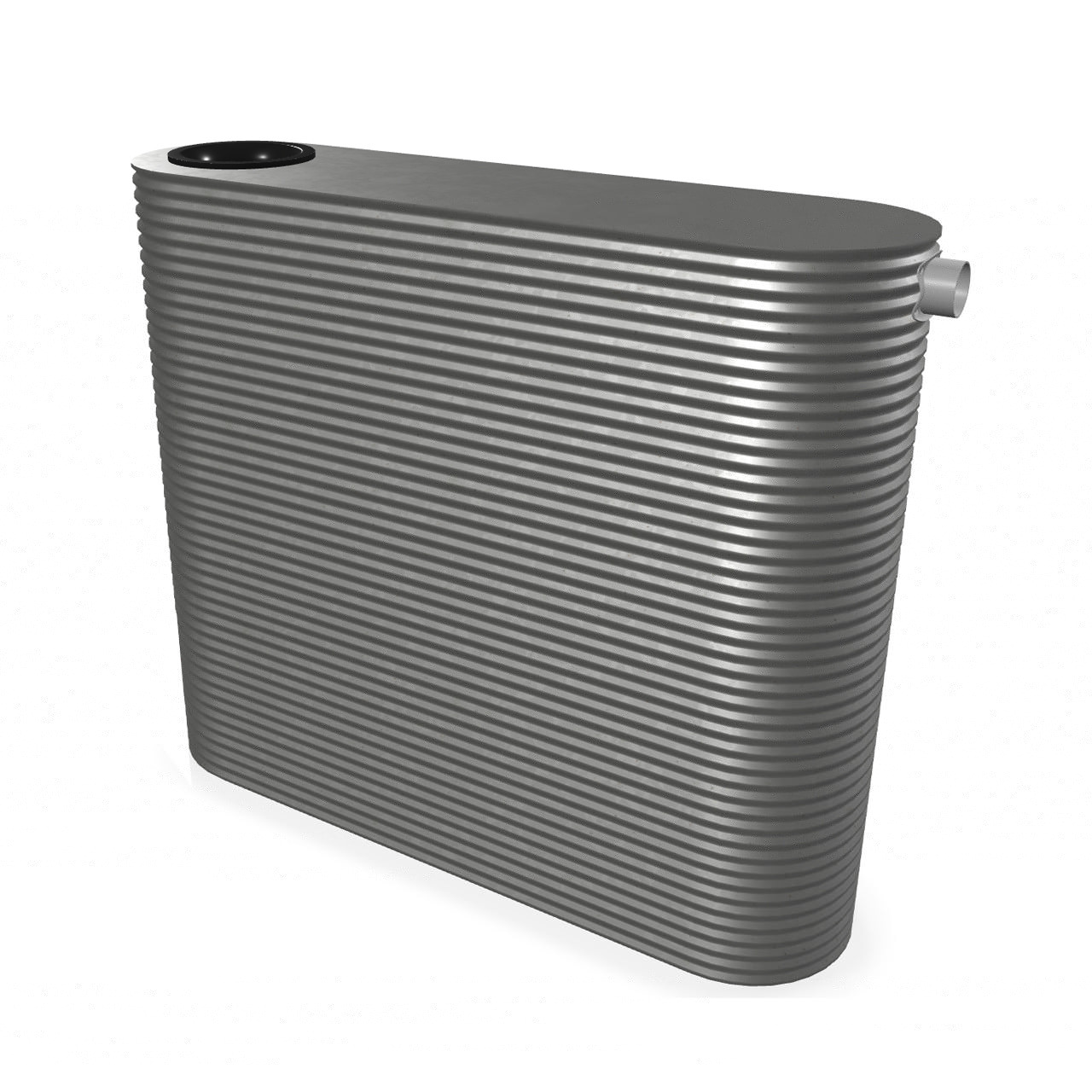Slimline Water Tanks: Space-Saving Solutions for Small Features
Wiki Article
Exploring the Numerous Uses Rain Tanks for Residential and Commercial Features
As the worldwide concentrate on lasting living techniques continues to escalate, the use of rain tanks in both domestic and business settings has arised as an essential solution. These storage tanks use a storage tank for rain harvesting, presenting a myriad of prospective applications that prolong much past plain storage. From irrigation to commode flushing and landscape design, the versatility of rainwater containers is huge. Their combination into industrial homes opens up a realm of opportunities for ecologically conscious organizations. The complex uses rain tanks provide a compelling case for their fostering, not just as a functional water-saving procedure but additionally as a testimony to liable source administration.Advantages of Using Rain Storage Tanks
Using rainwater tanks uses numerous benefits for both houses and neighborhoods in terms of water preservation and sustainability. One of the vital benefits of making use of rainwater containers is the considerable decrease in reliance on mains supply of water - Slimline water tanks. By capturing and keeping rain for later use, individuals and areas can lower their need for cured water, ultimately relieving the concern on water therapy centers and lowering power consumption related to water transportation and therapy
Furthermore, rain harvesting with containers offers a reliable alternative water resource throughout times of water restrictions or shortages. This saved rain can be used for various non-potable functions such as watering, flushing toilets, and washing clothing, reducing the strain on conventional water sources. Furthermore, making use of rainwater tanks can cause set you back savings for both households and neighborhoods by reducing water costs and decreasing the need for expensive facilities developments to fulfill expanding water needs.
Fundamentally, the use of rain containers offers a sustainable and environmentally friendly strategy to water monitoring, benefiting both private customers and the wider area in regards to water preservation, cost-efficiency, and strength.
Rain Storage Tank Use in Irrigation
Given the benefits of rainwater tanks in conserving water resources and reducing reliance on mains supply of water, a considerable application exists in using kept rainwater for irrigation purposes - Slimline water tanks. Rain harvesting systems can successfully gather and keep rainwater, providing a lasting water resource for sprinkling gardens, grass, and farming areas. By making use of rain for irrigation, homeowner can decrease their reliance on treated water resources, bring about set you back financial savings and environmental benefits
One of the primary advantages of using rainwater for watering is its pureness. Rainwater is naturally soft and cost-free from the chemicals and additives often discovered in keys water, making it perfect for beneficial plants without the risk of damaging results. Additionally, rainwater goes to ambient temperature level, which can profit plant development by avoiding temperature level shocks that can happen with cool keys water.
Rain Containers for Commode Flushing

Carrying out rainwater containers for commode flushing is an economical and eco-friendly technique that can be conveniently incorporated into both residential and business buildings. The kept rain can be utilized to purge toilets by attaching the tank to the existing pipes system. This basic yet effective service can significantly anonymous reduce water intake in a building, specifically in areas where water deficiency is a worry.

Integrating Rainwater Containers in Landscape Design
An efficient technique for enhancing sustainability in landscape design includes integrating rainwater tanks to maximize water use and advertise green methods - Slimline water tanks. Integrating rainwater containers in landscaping offers countless advantages for both domestic and business buildings. These tanks can catch and store rain runoff from roof coverings, which can after that be made use of for watering gardens, yards, and plants. check my blog By using rain for watering purposes, homeowner can reduce their dependence on local water sources, causing cost financial savings and preservation of precious water resources.In addition to giving a sustainable water source for landscape design demands, rainwater storage tanks can additionally assist in managing stormwater overflow. By recording rain that would otherwise flow into tornado drains pipes, these tanks can mitigate erosion, decrease flooding threats, and avoid pollution of all-natural water bodies. Additionally, incorporating rain containers in landscape design can add to the overall visual allure of the residential or commercial property, showcasing a commitment to ecological stewardship.
Business Applications of Rain Tanks
Making use of rainwater tanks in commercial settings provides a lasting service for water monitoring and conservation, benefiting businesses and the setting alike. One crucial commercial usage is for watering objectives, where gathered rainwater can be utilized to water landscape design, yards, and agricultural fields bordering commercial residential or commercial properties.Additionally, rainwater collected in storage tanks can be treated and made use of for non-potable purposes within industrial properties, such as flushing bathrooms, cleansing, and cooling down systems. On the whole, the consolidation of rain containers in commercial setups offers a useful and ecologically accountable technique to water monitoring.
Final Thought
Finally, rain containers supply countless advantages for both property and business properties. From watering to commode flushing and landscape design, the use of rainwater tanks can help conserve water sources and lower water costs. Furthermore, integrating rainwater tanks in industrial settings can result in considerable expense financial savings and environmental benefits. Overall, the versatility and sustainability of rain containers make them a useful financial investment for any kind of property proprietor aiming to raise water efficiency.Report this wiki page